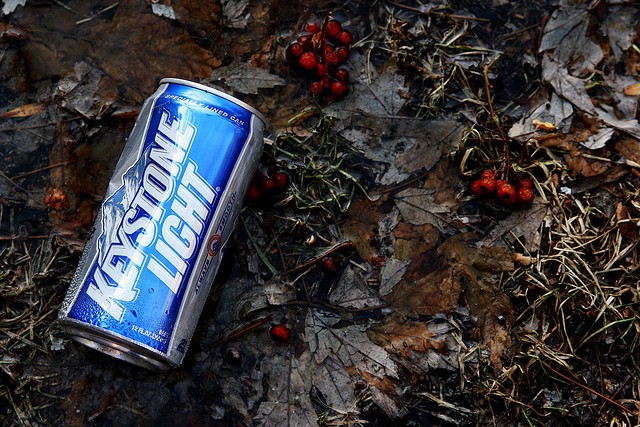
Photo by Quinn Anya.
President Obama’s decision to deny a permit for Keystone XL was celebrated as a huge win by many climate activists. But is the anti-pipeline fight really where enviros should be putting their energies? Opinion is divided (even if you ignore the theatrically outraged Republicans). Here’s a roundup of different views on Keystone from greens, progressives, energy analysts, bloggers, and one flack for a beer company.
It was a big victory
“It’s one of the rare days in the 20-year climate fight when scientists can smile and Big Oil has to frown,” wrote Bill McKibben, a driving force behind the anti-Keystone movement (and a member of Grist’s board of directors). It was an uphill battle that most observers thought was futile, and yet activists succeeded. Wins are rare, and high-profile wins are rarer — gotta savor them when you can. The big green groups share this view.
It was a pointless victory
“The fate of the pipeline will be of limited consequence to long-term U.S. energy security or climate change,” wrote Michael Levi of the Council on Foreign Relations. “[T]he Keystone decision ultimately became far more about symbolism than substance.”
It was a cynical farce
“Obama managed to dupe a major chunk of the American environmental movement,” wrote Michael Leonardi in CounterPunch, even while the president left “open the possibility of authorizing the construction of a pipeline any time in the future, say just after the election?”
It was a nice moment in a losing battle
Environmentalists “are going to lose this battle” against tar-sands development in Canada, said Emily Bazelon of Slate. “The notion that this is the issue that the environmentalists should hang everything on, as opposed to our greenhouse gas emissions and what international standards we agree to, it just seems kind of nutty to me. … [T]here’s all this ginning up of energy and these huge declarations of victory and high-fiving going on among environmentalists, when in the end, the larger battle, this is one they are going to lose, and they should not be hanging their hats on it as their signature achievement.”
It distracted from what really matters
“The next time around, environmentalists should resist fighting the symbolic pipeline to concentrate on fighting the larger issue — reducing emissions and making tar-sands oil prices reflect their environmental toll,” wrote Lisa Margonelli of the New America Foundation. “The U.S. environmental community needs to become more broad-minded, more deeply moral, by changing strategies to really address the problem, which is that our use of oil is despoiling lands, and producing greenhouse gasses that affect the whole world.”
It highlighted what really matters
“The Keystone XL victory … shows that organizing still matters,” wrote Grist’s David Roberts. “Organizing brings money and intensity, which are the coin of the realm in politics. … Greens can never match the money behind fossil fuels, but as the Keystone XL fight has shown, they can out-organize and outmaneuver their opponents when they put their bodies and sweat into it.”
It didn’t matter to oil markets
“Zz.z.zz” was the collective response of the oil industry, as translated by Andrew Revkin on The New York Times‘ Dot Earth blog.
It was a temporary victory
“There are no permanent environmental victories,” McKibben pointed out, channeling old-school conservationist David Brower. TransCanada has already said it will apply again to build the pipeline.
It won’t affect sales of Keystone beer
“As for potential impact on the brand, it’s highly unlikely,” said Colin Wheeler of the Coors Brewing Co., which makes Keystone and Keystone Light.




